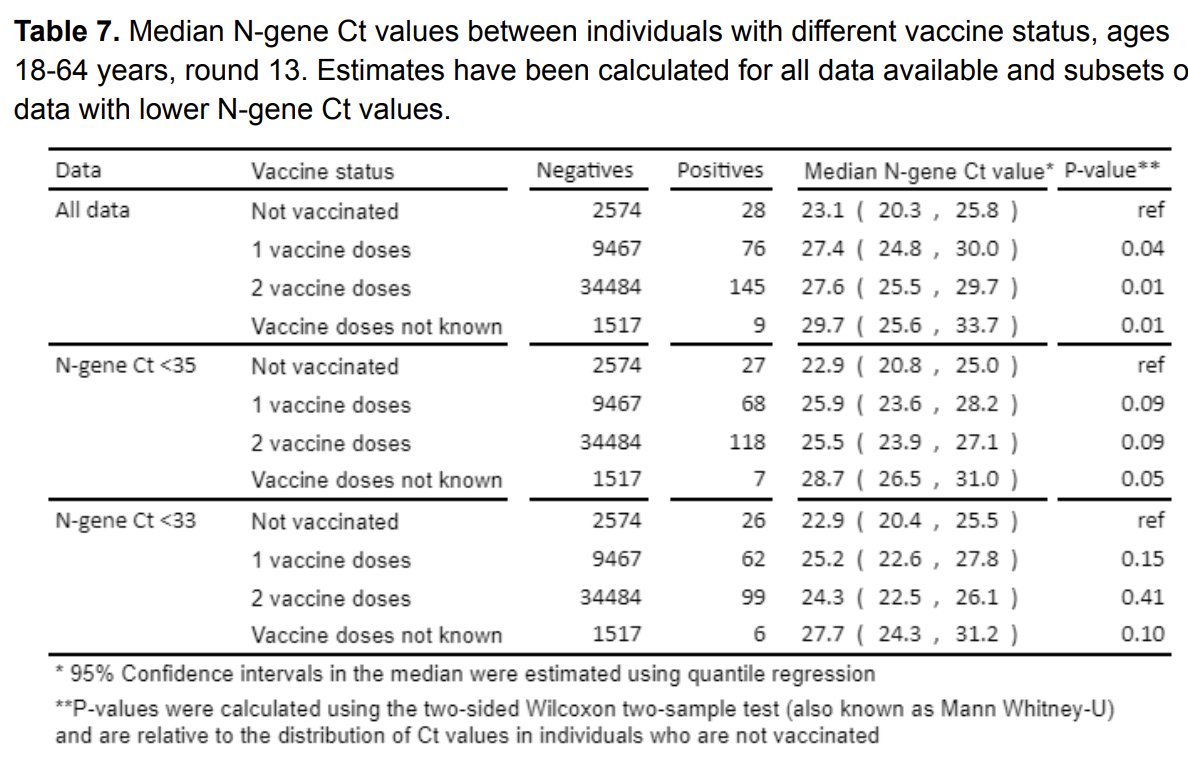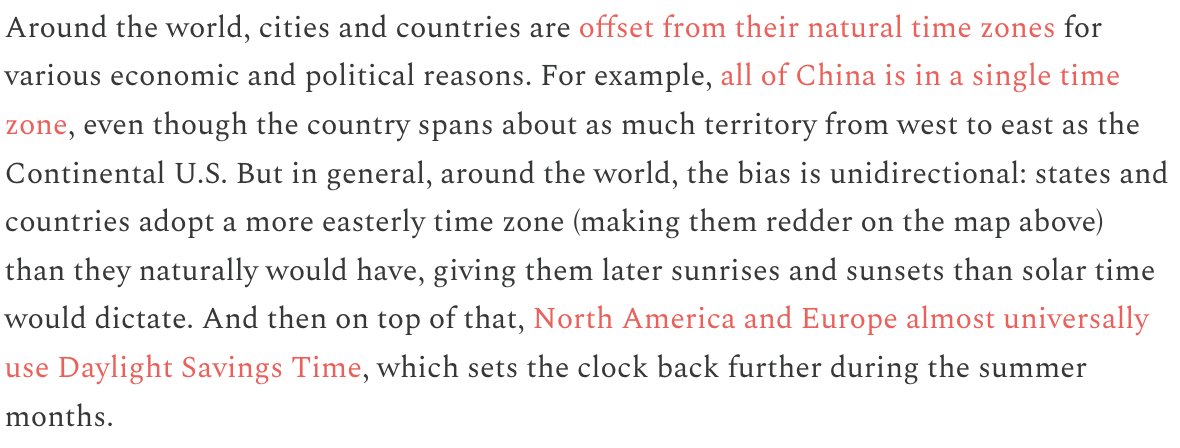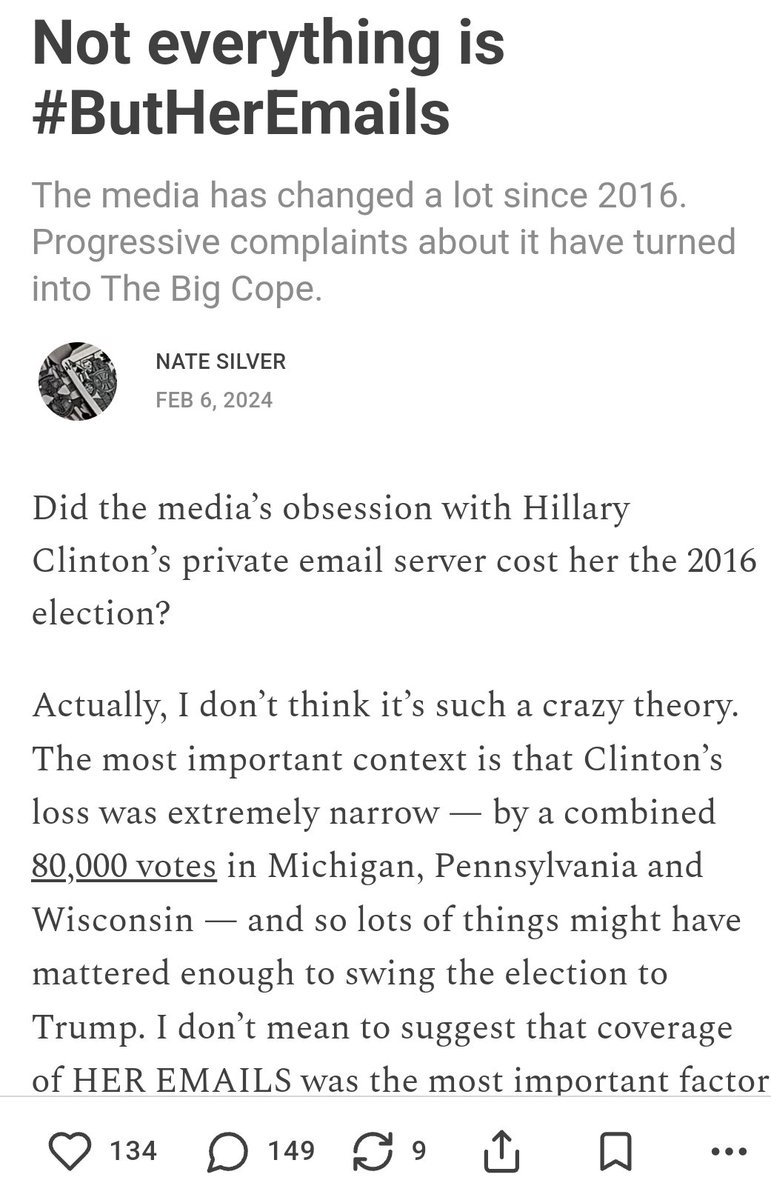The sample size is this non peer reviewed study is 79 vaccinated people (corrected, misread as 83 before) and completely lacks the statistical power to differentiate between vaccinated and unvaccinanted people.
https://twitter.com/apoorva_nyc/status/1422375380158193678
Also as in the Provincetown study it's a convenience sample, meaning people who chose to be tested, and not a random sample of all infections. That likely biases the sample toward more severe infections since people with more severe symptoms are more likely to seek out testing.
Another big statistical issue in these studies (at least the Wisconsin one) is that they have truncated samples. People with high Ct values (higher Ct = harder to find virus) are eliminated from the comparison because it's not clear they can be considered "infected". 

If one way that breakthrough infections manifest themselves is thru very low amounts of virus in some people, but then you eliminate people with very low viral loads from your comparison, you're sort of begging the question. Need to be careful in cases like these.
Here is a study from the UK with a MUCH larger sample size (~50K vaccinated people) that indeed finds vaccinated people carry lower viral loads.
spiral.imperial.ac.uk/bitstream/1004…
spiral.imperial.ac.uk/bitstream/1004…

The study also avoids some of the selection bias issues discussed since it relies on a random sample, not just a convenience sample of those who happened to get tested because they had symptoms.
It is much more rigorous than e.g. the Wisconsin or Provincetown Bear Weak studies.
It is much more rigorous than e.g. the Wisconsin or Provincetown Bear Weak studies.

To throw a gauntlet down, a pretty simple test of whether news outlets like @nytimes actually care about getting the science right is if they report on this more rigorous UK study with >= fervor to the Provincetown study.
Seen discussion of the sample size in the UK study and it's worth pointing out that (although the overall sample size is very large) the number of *positives* is ~similar to the other studies. Note, however, that they do find a statistically significant result (p-value = 0.01). 

And, again, this reflects a random sample of the entire UK population, which is >> more robust than a self-selected sample. The UK has done great work with large random samples like these; see also their work on Long COVID below, for instance.
ons.gov.uk/peoplepopulati…
ons.gov.uk/peoplepopulati…
• • •
Missing some Tweet in this thread? You can try to
force a refresh













